The Marvel Cinematic Universe has never celebrated women more than it does in Black Panther: Wakanda Forever. Despite the earth-shattering loss of Chadwick Boseman, who played King T’Challa, the titular character of 2018’s Black Panther, and appeared in three other MCU titles, no other corner of the franchise was better equipped to shine a brighter spotlight on its supporting cast — many of which are women. The MCU’s sixth-highest-grossing film introduced compelling female characters such as Okoye (Danai Gurira), the Dora Milaje’s general, Nakia, a savvy spy and T’Challa’s romantic partner, Princess Shuri (Letita Wright), T’Challa’s brilliant-minded sister and Queen Ramonda (Angela Bassett), T’Challa’s mother. In a franchise so often defined by male heroes, Black Panther: Wakanda Forever breaks new ground by elevating female characters in T’Challa’s absence, which could revolutionize the MCU’s representation of women on the big screen.
Shuri’s promotion to the title role of Black Panther 2 represents the MCU’s third film with a singular female lead. Yet, Wakanda Forever stands out in that women’s perspectives take precedence in nearly every facet of its story. Female characters exist at the forefront of T’Challa’s untimely death and Wakanda’s subsequent war with Namor (Tenoch Huerta) and Talokan, which remains a rare circumstance in MCU films. In addition to returning characters like Shuri, Okoye, Nakia, Ramonda and Ayo (Florence Kasumba), Wakanda Forever introduces even more women in key roles, notably Riri Williams (Dominique Thorne), Aneka (Michaela Coel) and Namora (Mabel Cadena). Director Ryan Coogler’s Black Panther: Wakanda Forever emerges as a lone gem in the MCU thanks to its profound championing of women’s perspectives and ability to spearhead the MCU’s next generation of female-centric storytelling.
The MCU’s Troubling History With Women
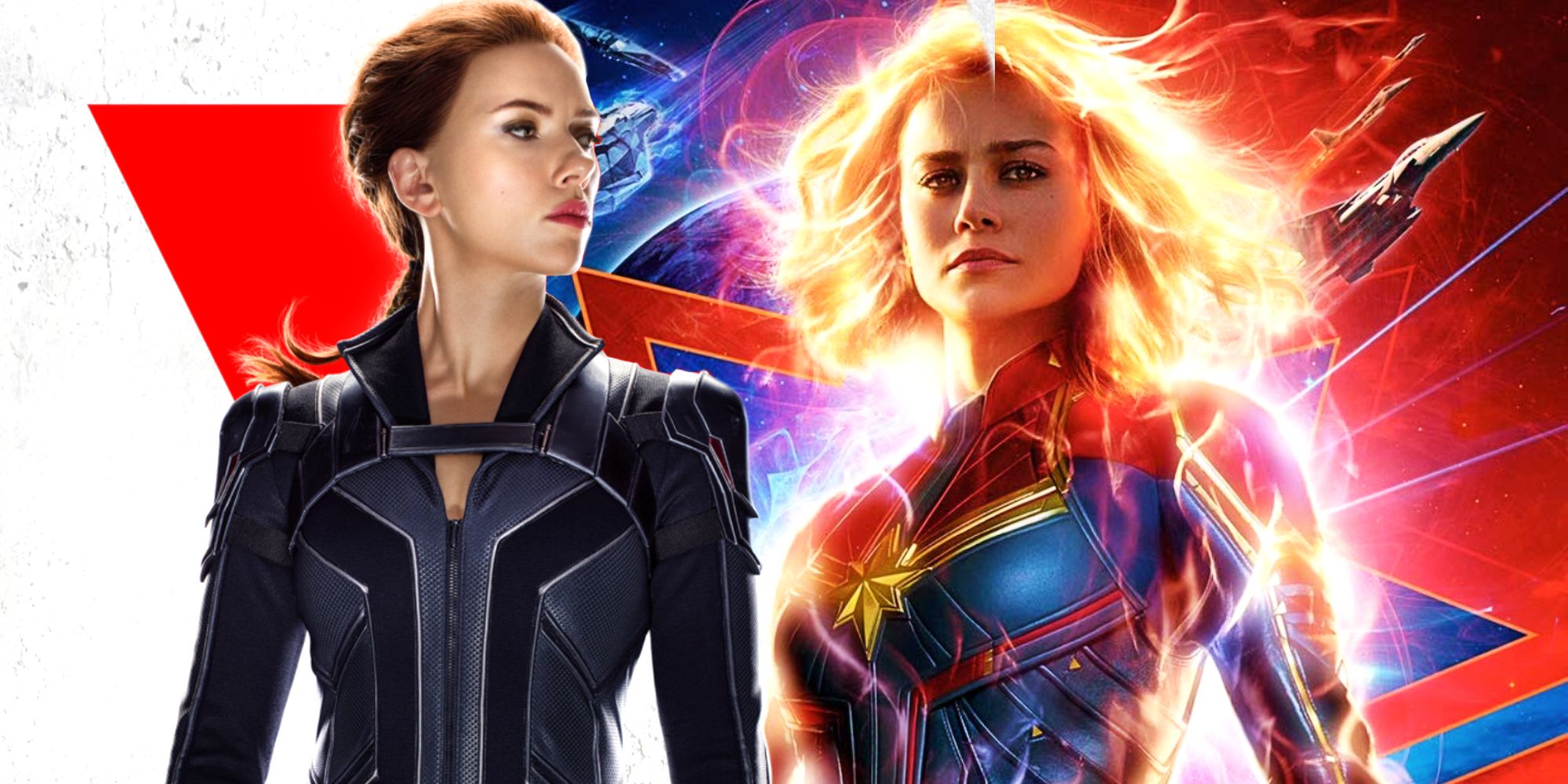
Arguments against women-led superhero films have long revolved around their supposed unprofitability. This misogynistic claim prevented Marvel from releasing a female-led movie until 2019 when Brie Larson’s Carol Danvers broke the franchise’s glass ceiling in Captain Marvel. For 11 years since the MCU’s inception in 2008, women exclusively served as (mostly) underdeveloped side characters. Conversations surrounding a Black Widow solo film have been abundant since Natasha Romanoff’s (Scarlett Johansson) introduction in 2010, though the project did not see the big screen until 2021. Despite Marvel’s problematic history with women, MCU Phase 4 has delivered numerous female-led projects like Black Widow, Eternals, WandaVision, Hawkeye, Ms. Marvel and She-Hulk: Attorney at Law.
However, the latter four titles were released on Disney+ as limited series. While Black Widow took a step in the right direction, given it featured women as three of its four main characters, it was overshadowed by the long-overdue nature of the film and its lack of stakes due to its release after Natasha’s death in Avengers: Endgame. Nonetheless, the box-office triumphs of both Captain Marvel and Black Panther: Wakanda Forever dispel any notion that female-led films aren’t profitable, as the former currently stands as the MCU’s seventh-highest-grossing film domestically and 10th-highest-earning globally, while Black Panther 2 has grossed over $600 million worldwide after two weeks.
Why Black Panther 2’s Spotlight On Women Is Groundbreaking
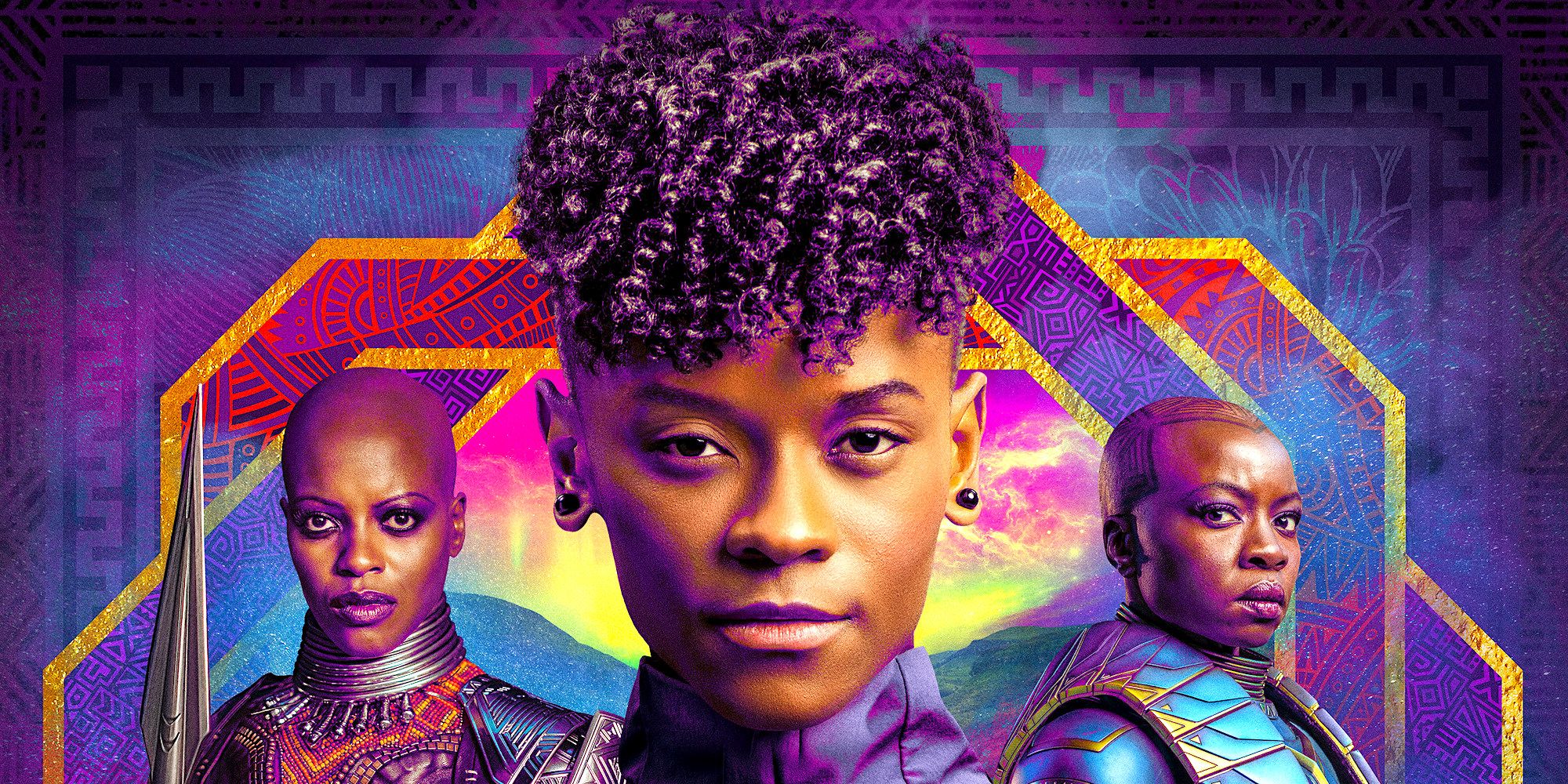
Black Panther manifested arguably the MCU’s best world-building and character work. In a perfect world, Boseman would have starred in Black Panther 2, but his absence enabled Marvel to focus more on the women of Wakanda who outstandingly supported T’Challa in the first film. Wakanda Forever expertly builds on the arcs of Shuri, Okoye, Nakia and Ramonda and grants them more space to flourish individually and collectively. In addition, the film offers an intriguing exploration of grief primarily through Shuri’s journey to succeeding her brother as the Black Panther, Ramonda’s effort to lead her country in the face of outside threats, and Okoye’s heartbreaking banishment from the Dora Milaje. Elsewhere, the additions of Riri and Aneka fortify the film’s female-centric narrative and set up future storylines in the upcoming Disney+ series Ironheart and a potential spinoff centered around the Dora Milaje/Midnight Angels.
Women are the beating heart of Black Panther 2, while men such as M’Baku (Winston Duke) and Everett Ross (Martin Freeman) assume supporting roles that take nothing away from the movie’s female-centric story. Embodying the film’s legacy that introduced the MCU’s first Black superhero, Wakanda Forever establishes the franchise’s first Black female lead. It almost exclusively features other Black women in its core narrative. On the antagonist’s end, the film highlights the importance of Talokan’s women in Namor’s story through his late mother and the fierce warrior Namora. Furthermore, Black Panther 2 includes queer women in its story via Ayo and Aneka’s relationship — which was only briefly exhibited, though it will likely be revisited in future projects. Black Panther: Wakanda Forever’s emphasis on community, perseverance, and sisterhood — defined by both tears and laughter — despite much of its basis in heartbreak and loss, constructs a powerful narrative that is so forcefully felt thanks to the exceptional acting performances of Wright, Gurira, Bassett, and Nyong’o — who were more than worthy of a bigger spotlight following Black Panther.
What Black Panther 2’s Success Means For The MCU’s Future
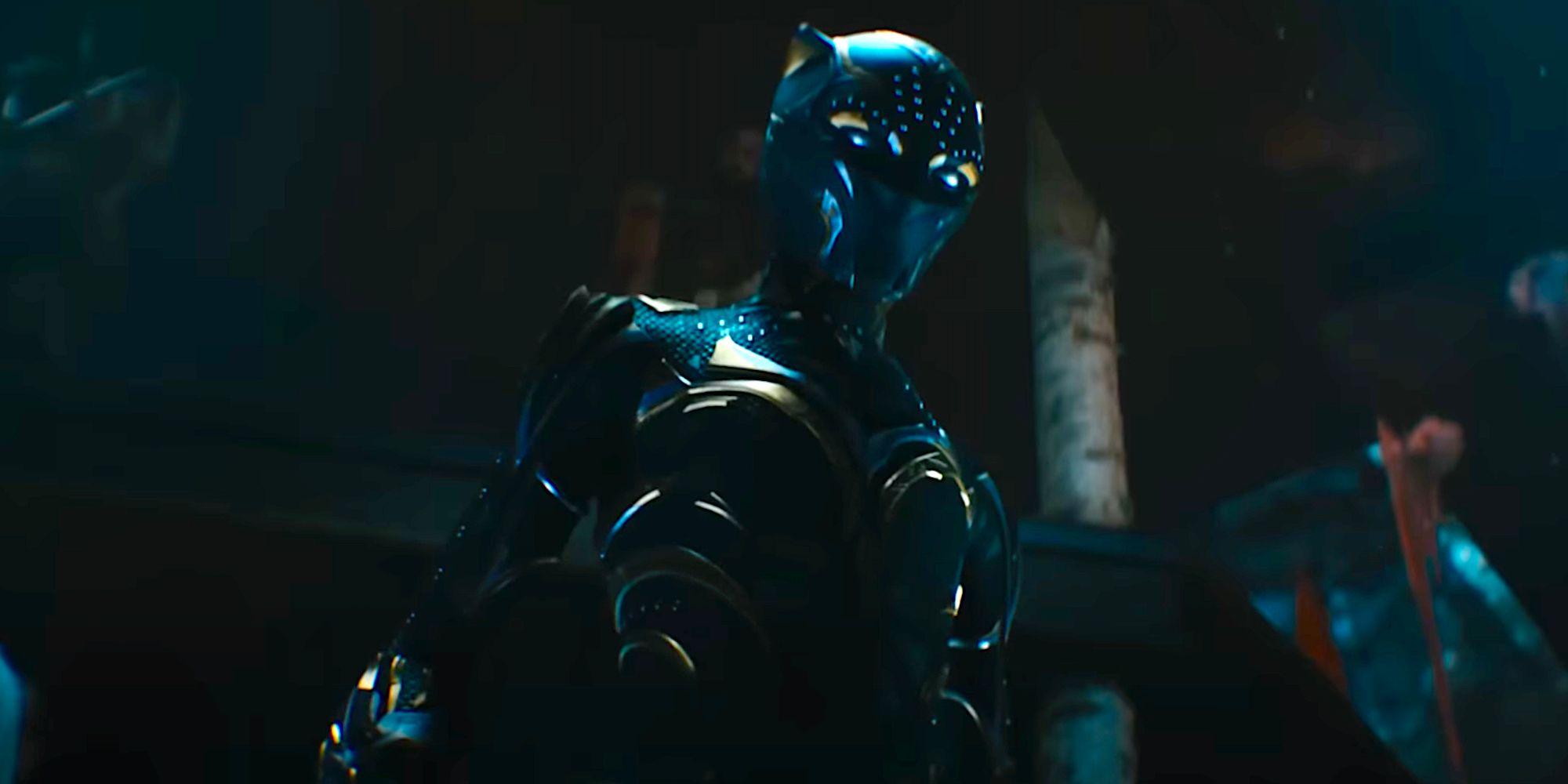
Without downplaying Black Panther 2’s resounding achievement, it’s worth remembering that the film only centered on women because Marvel opted not to recast T’Challa following Boseman’s death. Still, Wakanda Forever could be the catalyst to change the MCU’s undervaluation of female characters. While women have led multiple Disney+ shows, this has not crossed over to the MCU’s 30 films aside from four outliers. The MCU should lean on Black Panther 2’s success to further invest in female-centric stories on the big screen. The MCU’s upcoming movie slate offers some hope, as 2023’s The Marvels positions Carol, Monica Rambeau (Teyonah Parris), and Kamala Khan/Ms. Marvel (Iman Vellani) as the main characters, while Yelena Belova (Florence Pugh) will lead the titular team in 2024’s Thunderbolts. A beautifully invented sequel to Black Panther under the daunting circumstance of Boseman and T’Challa’s demise, Black Panther: Wakanda Forever proves that its world exists in a league above the rest of the MCU, as it heralds women as heroes, warriors, scientists, engineers, mothers and so much more.
Key Release Dates
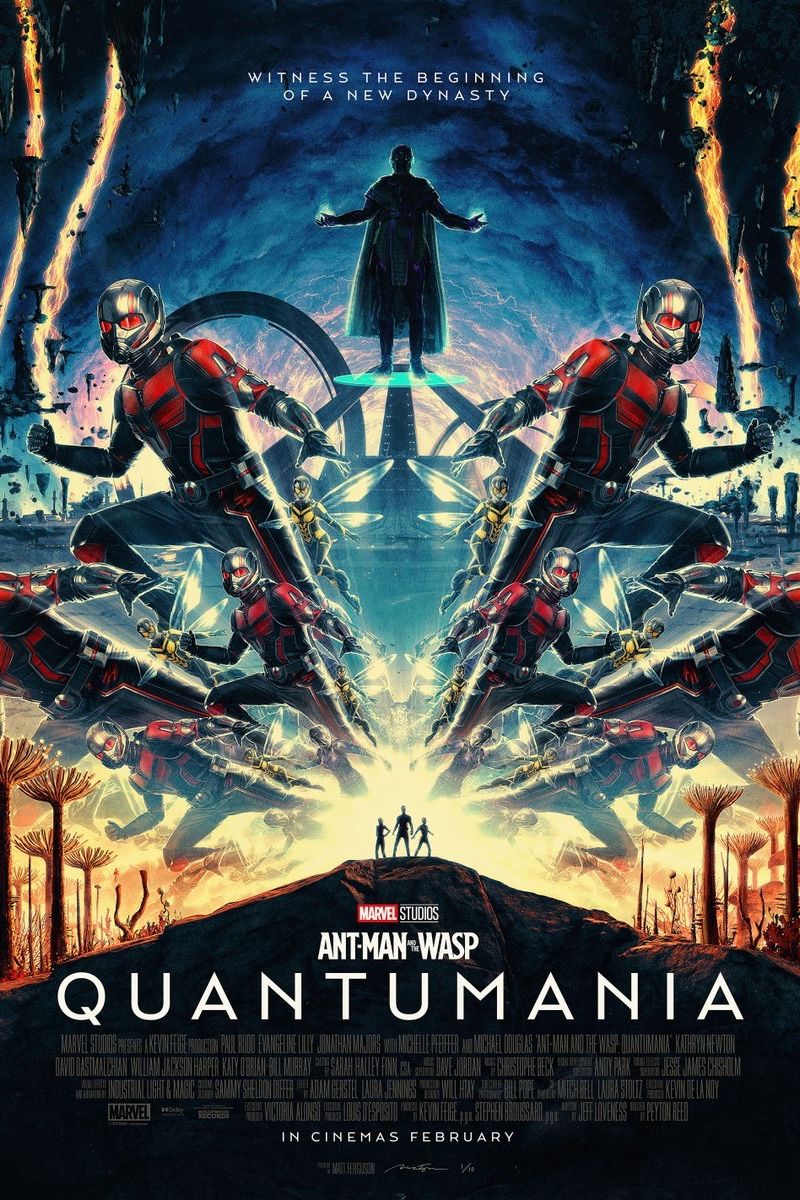
Ant-Man & the Wasp: Quantumania
Release Date:2023-02-17
Guardians of the Galaxy Vol. 3
Release Date:2023-05-05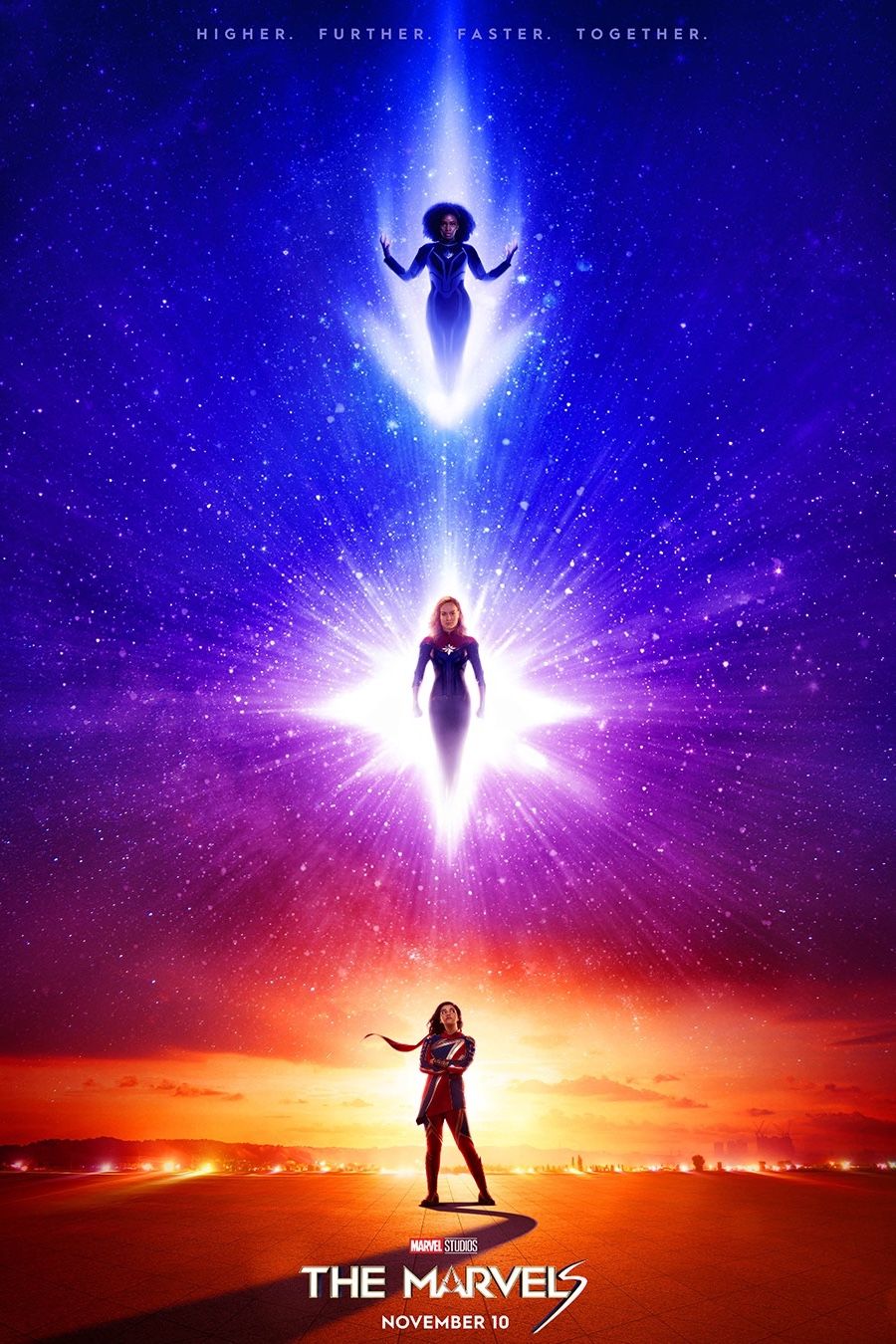
The Marvels
Release Date:2023-11-10
Captain America: Brave New World
Release Date:2024-07-26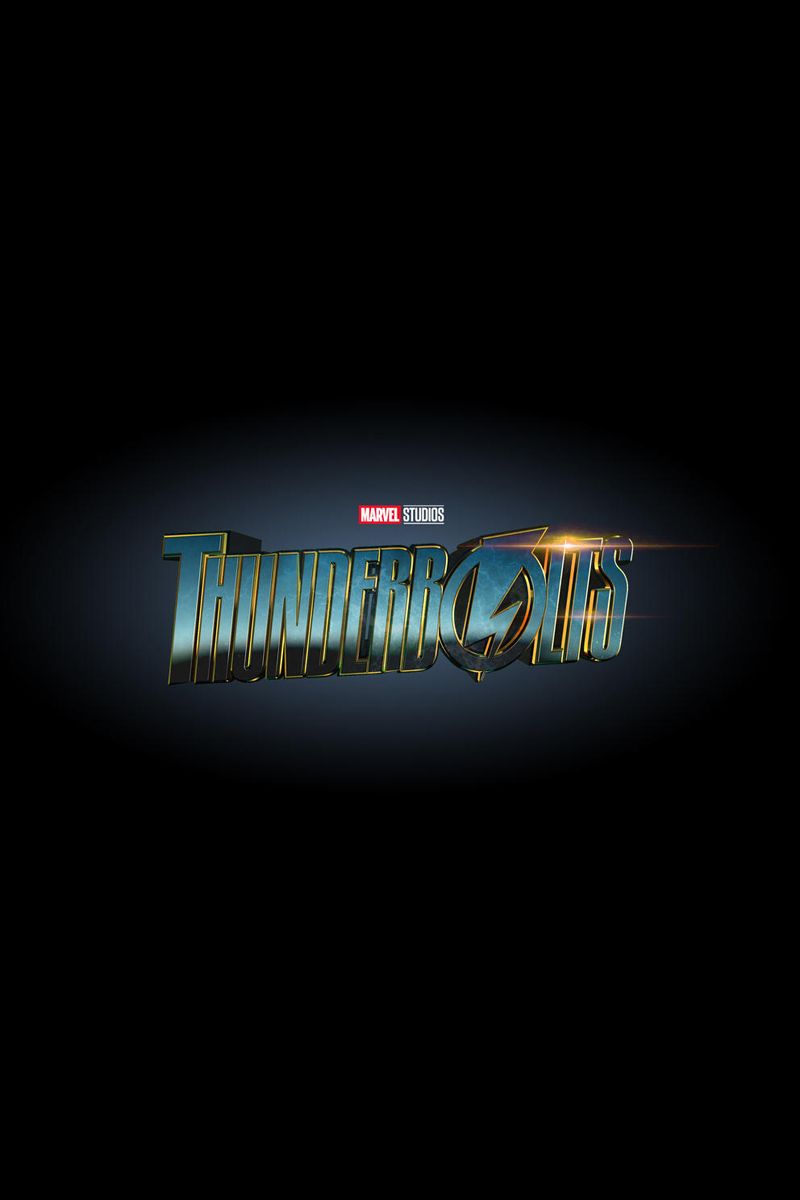
Marvel’s Thunderbolts
Release Date:2024-12-20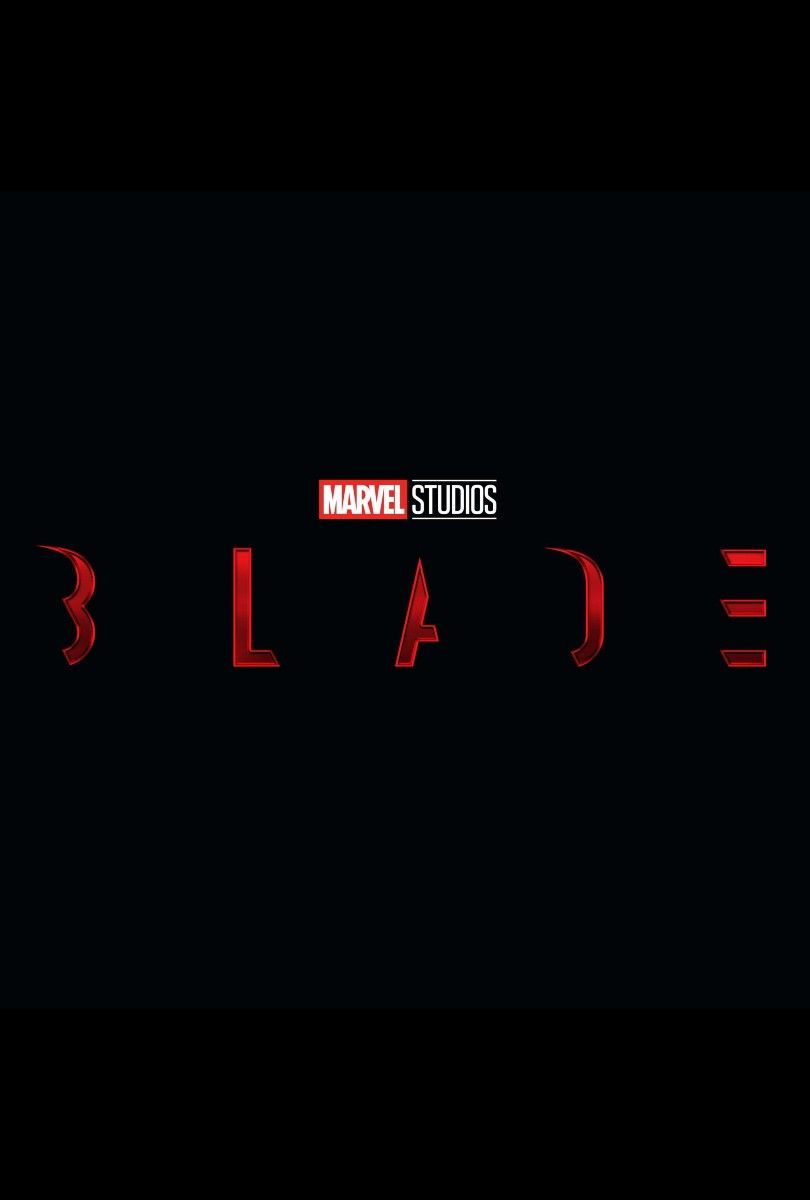
Blade (2025)
Release Date:2025-02-14
Deadpool 3
Release Date:2024-05-03
Marvel’s Fantastic Four
Release Date:2025-05-02
Avengers: The Kang Dynasty
Release Date:2026-05-01
Avengers: Secret Wars
Release Date:2027-05-01




